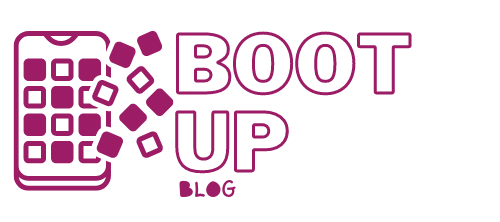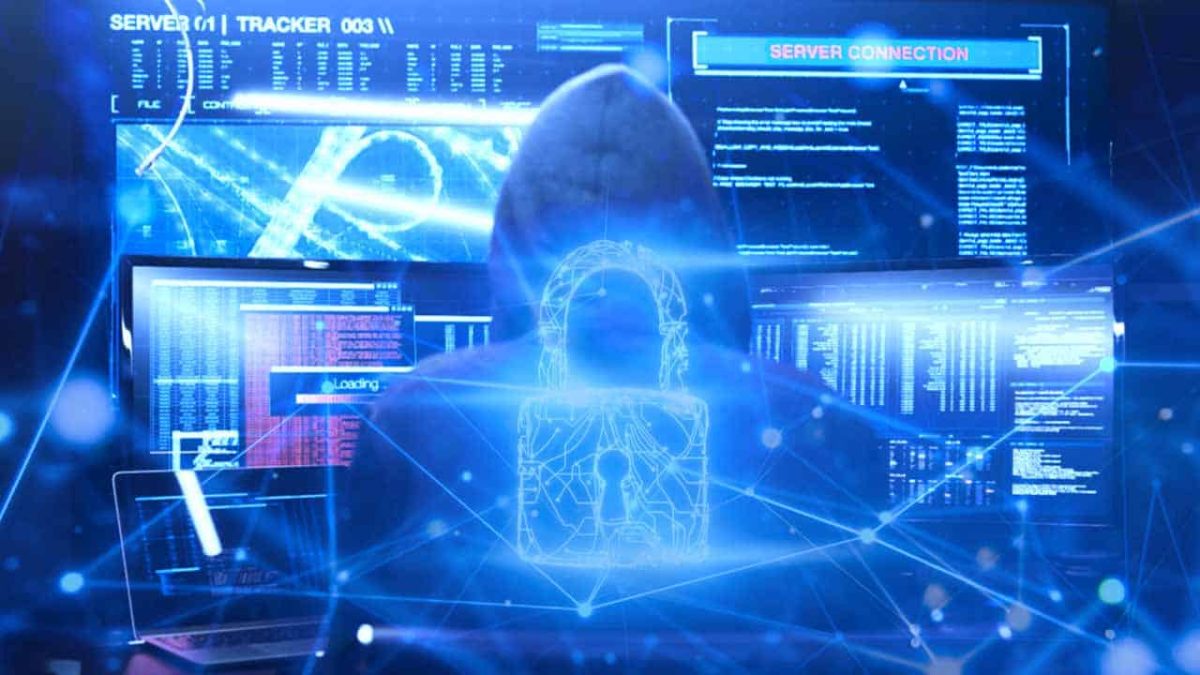In a world increasingly dependent on digital technology, the need for robust cybersecurity measures has never been greater. As cyber threats become more sophisticated and prevalent, ethical hackers, often referred to as “white-hat” hackers, have emerged as a crucial force in safeguarding our digital infrastructure. In this article, we’ll delve into the importance of ethical hackers, their role in enhancing cybersecurity, and the many ways they contribute to keeping our interconnected world safe.
1. Identifying Vulnerabilities Before Cybercriminals Do
Ethical hackers play a pivotal role in identifying vulnerabilities within computer systems, networks, and software applications. By probing for weaknesses in a controlled and ethical manner, they help organizations discover and rectify security flaws before malicious hackers can exploit them. This proactive approach significantly reduces the risk of data breaches, financial losses, and reputational damage.
2. Protecting Sensitive Data
The volume of sensitive data being exchanged and stored online is staggering, including financial information, personal records, and intellectual property. Ethical hackers help protect this invaluable information by finding and addressing security vulnerabilities that could be exploited by malicious actors. Their efforts help maintain the confidentiality, integrity, and availability of critical data.
3. Strengthening National Security
The critical importance of ethical hackers extends to national security. Governments around the world rely on ethical hacking to protect sensitive information, national infrastructure, and military systems from cyberattacks. Ethical hackers work hand-in-hand with security agencies to identify and mitigate vulnerabilities that could be exploited by adversaries.
4. Ensuring Compliance with Regulations
Various industries are subject to strict data protection regulations, such as GDPR in Europe or HIPAA in the United States. Ethical hackers help organizations ensure compliance with these regulations by identifying and rectifying security gaps that could lead to non-compliance, financial penalties, and legal issues.
5. Raising Awareness
Ethical hackers play a vital role in raising awareness about cybersecurity issues. They often act as advocates for online safety, educating organizations and individuals about the latest threats, best practices, and the importance of cybersecurity. By shedding light on the potential risks, they help create a culture of cybersecurity that encourages proactive measures to protect digital assets.

6. Testing Security Controls
One of the primary functions of ethical hackers is to test an organization’s security controls and measures. This includes evaluating firewalls, intrusion detection systems, access controls, and more. By systematically testing these components, ethical hackers identify weaknesses, provide recommendations for improvement, and help organizations enhance their overall security posture.
7. Evaluating Incident Response Capabilities
Ethical hackers often simulate cyberattacks and evaluate an organization’s incident response capabilities. This includes testing how well an organization can detect and respond to a security incident. This proactive assessment allows organizations to refine their response plans and address weaknesses before facing a real attack.
8. Developing Safer Software
The software development process benefits from the input of ethical hackers. They review source code, identify potential vulnerabilities, and work with developers to address security issues during the software development life cycle. This approach fosters the creation of more secure and robust software, reducing the likelihood of vulnerabilities being exploited post-release.
9. Preventing Economic Losses
Cyberattacks can result in substantial economic losses for organizations. Ethical hackers help mitigate these losses by identifying and addressing security gaps that could lead to financial repercussions, such as data breaches, fraud, and theft. By preventing such incidents, they contribute to an organization’s financial stability and longevity.
10. Encouraging Responsible Disclosure
Ethical hackers often follow responsible disclosure practices, which involve reporting vulnerabilities to organizations rather than exploiting them for personal gain. This responsible approach allows organizations to fix issues before they can be maliciously exploited and benefits the wider online community.
In a digital world fraught with cyber threats, ethical hackers serve as essential guardians of our interconnected systems and networks. Their contributions extend far beyond identifying and fixing vulnerabilities; they help protect sensitive data, strengthen national security, and foster a culture of cybersecurity. By raising awareness and advocating for online safety, ethical hackers have become integral to our digital lives. As cyber threats continue to evolve, the role of ethical hackers remains vital in the ongoing battle to safeguard our digital infrastructure and ensure the security and privacy of individuals and organizations alike.

